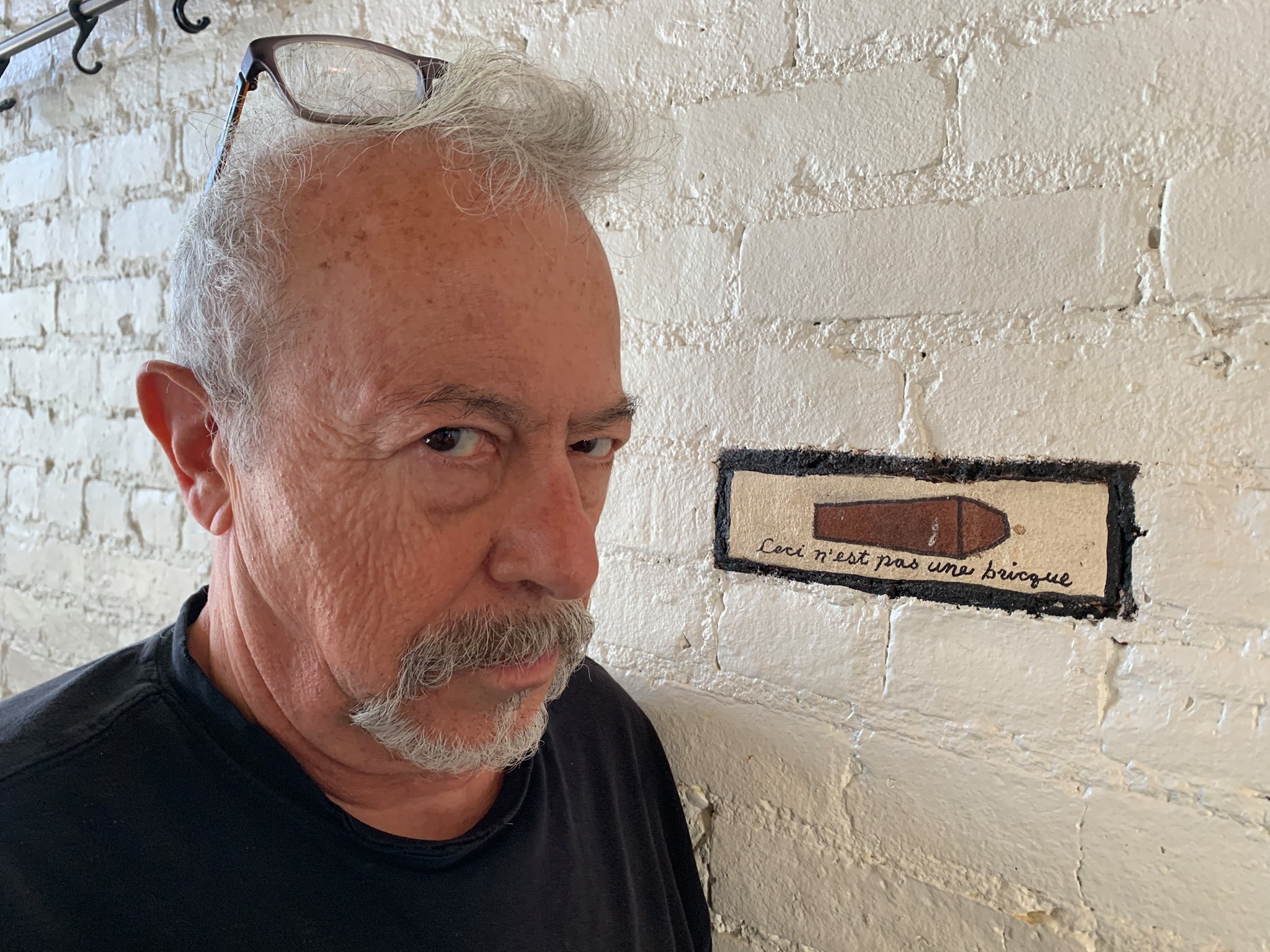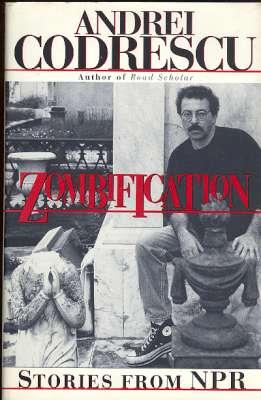

With the internet, even a right wing Bible thumper with an IQ of -35 has a voice. In the United States of Amnesia, the lowest common denominator rules, so other media have dumbed everything down. I don’t think the other media have caught up. Unless we happen to write teen-oriented zombie novels. Now we’re flung by the wayside like so much chattel.

L: We are getting older, it’s true, but elders like us were once regarded as fonts of wisdom. Nobody’s afraid of Virginia Woolf anymore, damn it! We are fallen gods, and sore as hell because it happened so fast, and we fell so hard. On the internet, everybody has an opinion, so the job of “opinion-maker” has gone the way of shoe-cobbling and watch repair (or watches, for that matter). Some movies are so good that it seems a sin to rehash them in words. We’ve also come to the end of the cult of writing and the worship of the writer. In the mid 90s, I had a streak of luck and the nerve to ask for real bucks. When I was young, I did (almost) everything for $100. Can you offer any words of solace to writers like yours truly who see their careers frustrated as a result of the contemporary cyber mania?Ī: I think our careers are going down the drain because we’re getting older and are allergic to working for free. L: In Bibliodeath, you celebrate the evolution of the printed word from notebook to book to (sorry for the obscenity!) cybertext. It’s the dying and coming back that makes us so fascinating to anyone who isn’t us. We die in one language, only to be reborn in another. Or more simply put, we get our writing chops from reading, so we see before we hear. If you have to think about every word, you travel to its origins, swing through its meanings, and surface with that word subjected to something like cosmic agitation. We just write slow and breathless English. Why do you think certain European writers - Nabokov, Conrad, and (don’t blush!) you, for example - write a better, more felicitous English than most native-born writers of English?Ī: We don’t write better English.

L: I have to admit, Andrei, that I’m still reeling from the pyrotechnics to which you put your adopted language in Bibliodeath. In response to the book, I engaged my old pal Andrei in the conversation that follows. Poet, NPR commentator, novelist, literary magazine editor, travel writer, English professor, polyglot, gentleman farmer, and raconteur Andrei Codrescu is a veritable heterogenius whose remarkable new book Bibliodeath takes the reader on an autobiographical journey through the notebooks, typewriters, and computers on which he’s scribbled, pounded, and tapped during the last 50 years.


 0 kommentar(er)
0 kommentar(er)
